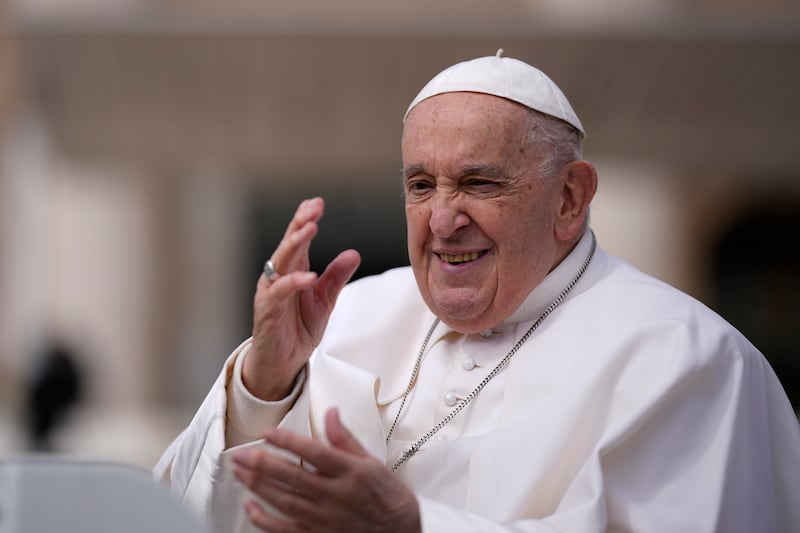Research released earlier this month highlighted the vital contribution that churches make to society at this time of chronic need. A study by the National Churches Trust reveals that UK churches save the NHS £8.4 billion annually by providing essential services like addiction recovery, mental health support, youth groups and food banks.
The report, The House of Good: Health, launched in the House of Commons, used NHS metrics to calculate the value of services provided by churches and describes our churches as ‘The National Help Service’. Despite this, churches remain under-acknowledged, particularly in regions like Northern Ireland, where the devolved government has often been unstable.
In Northern Ireland, faith remains a key part of society. The Good News People report, published by Evangelical Alliance Northern Ireland earlier this year, found that one in two people here consider themselves to be a ‘practising Christian’. Yet despite their immense contribution, churches are rarely acknowledged in government policies. In fact, churches and faith-based charities are not even mentioned in the draft programme for government.
Churches: more than places of worship
The church is not a building but a community of people, committed to the worship of God and following in the ways of Jesus. However, this does not mean that churches are disconnected from the local communities around them – quite the opposite. They are often the backbone of community support, providing services that meet urgent needs where government systems often fall short. From mental health counselling to youth mentorship, churches help individuals and families navigate some of life’s toughest challenges. This work not only addresses immediate needs but also alleviates pressure on public services, including the NHS.
A blind spot in government policy
Despite this, the draft programme for government barely mentions the faith or voluntary sectors in Northern Ireland. This oversight is troubling in a place where faith has historically played a central role in addressing social needs, often filling the gaps left by political uncertainty. Faith-based organisations have been integral to life here in Northern Ireland but can sometimes be sidelined in policy discussions.
Yet despite their immense contribution, churches are rarely acknowledged in government policies. In fact, churches and faith-based charities are not even mentioned in the draft Programme for Government
Kate Forbes, deputy first minister of Scotland, recently urged Scottish Christians to “have the confidence to get involved”, and Northern Ireland’s faith communities have already taken on that challenge. Churches are tackling key societal issues, such as mental health crises, poverty and youth disengagement, yet they lack government recognition and support.
We see an example of this in the Coalition of Christian Voices Against Poverty – established earlier this year to provide a platform for Christian voices to engage collectively on policy issues. Their objective is to engage with policymakers and statutory bodies to influence the planning and delivery of services that affect those living in poverty with a distinctive Christian voice.
As the Rev Brian Anderson, who chairs the coalition, explains: “Christians are involved in direct pastoral care to those experiencing poverty, through food banks, community fridges and alternative supermarkets, which communicates that you are not a statistic of poverty to us, but a child of God, who we want to share this part of life with.
“Then prophetically, we take the issue further upstream to challenge the places of power to deliver real change. To ask challenging questions of local and national government; are they providing a social security system that offers security? And do they have the political will to put in place an anti-poverty strategy?”
The way forward: partnership and recognition
We would encourage the government in Northern Ireland to change how it views and engages with the faith sector. Churches and faith organisations are ready and willing to collaborate but need to be recognised as valuable partners. This could involve increased funding for faith-led social initiatives (this is never our primary motivation but sometimes costs can prevent good work continuing) and formal inclusion in policy development processes.
The Good News People report reminds us that faith still plays a crucial role in Northern Ireland’s identity and community life. The government in Northern Ireland has an opportunity to acknowledge this and build stronger partnerships with the faith sector. Churches offer hope, healing and practical support to the most vulnerable. Now is the time for policymakers to recognise their value and include them in building a better future for all.
Danielle McElhinney is public policy officer for Evangelical Alliance Northern Ireland










